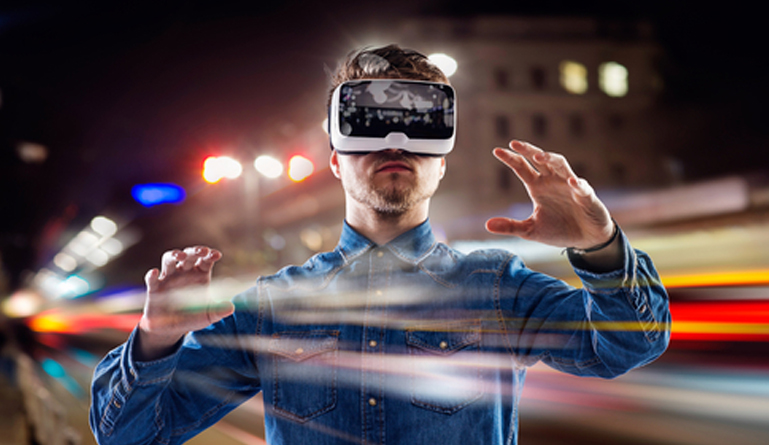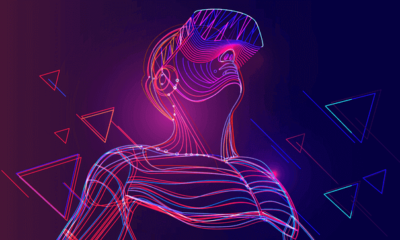
Getting started in VR shouldn’t be hard; build a strong foundation, choose a strong engine and keep networking. Learn more here.
From Google DayDream to Samsung GearVR, the hype surrounding the world of VR is huge and is about to gain even more traction. While some people are yet to try and appreciate VR application, we believe it’ll change the world and can no longer wait to immerse ourselves in it.
The current age of VR started in 2010 following the creation of the initial VR prototype that would later evolve into the Oculus Rift. Since then, several competitors have emerged including Facebook and YouTube.
For a beginner in virtual reality, how do you get started? We’ve rounded up tips to help you get started in this creative and highly lucrative career.
Build a Strong Foundation
To excel in developers VR, think of support tech as an advanced master course. So, you’ll need some preparatory materials and introductory lessons. Consider taking courses and participating in the virtual reality workshops for a better understanding of the technology.
Preparation materials and courses will boost your fluency in product design, video game design, design theory, animation and 3-D modeling. Design courses, programming lessons and intensive game-coding workshops will help you learn the technology surrounding and supporting VR. Other excellent sources of VR programming information for a beginner starting from scratch include Udemy Courses, Coursera Lessons, YouTube, and Wikis.
Choose Your Engine & Master It
In virtual reality development, you can choose from a wide array of platforms, each featuring its pros and cons, on which to experiment with VR.
For instance, new game developers can choose Unity3D, a freely available platform that requires no special technology. Unreal is yet another engine on which to begin your virtual reality application development journey.
The best thing about Unreal and Unity is that they both feature powerful technology already in place that will help you start right this moment.
Focus on Mobile
As a beginner VR developer looking to experiment or design your first app/game, be sure to start with Mobile VR (Gear VR or Google Daydream). While the experience may not be as immersive as the PC-powered HMDs such as the Oculus Rift, Mobile VR is easier and readily accessible. The art requirements are less, meaning it is easy to make a prototype and inexpensively at that.
Make the Best Use of Free Resources
As a beginner in VR development, there may not be many premium resources at your disposal. In the light of this, make the best use of the freely available learning and developing materials. For instance, Unity and Unreal are not only free engines but also come accompanied by tutorials that can help a great deal in your VR development journey. Google and YouTube are also great sources of free VR development information.
Stay Up to Date on the VR Industry Development
The world of virtual reality is constantly evolving, meaning there’s more to discover in the landscape. As such, if you’re to succeed as a developer, you have to stay up to speed with the current development in the VR industry.
However much you think you have mastered VR, there’ll never come a time when you’ll say you’ve reached the peak. Virtual reality development is an evolving field, meaning there’ll be new things to learn every single day.
Staying updated means digging deeper into the available VR resources, the latest industry news, podcasts and exciting articles on VR.
You could meet with other developers with an intent to develop a VR mobile game. Based on each developer’s skills, you can share responsibilities and, on completion, test the prototype together. Be open to make making mistakes and take criticisms positively.
If you’re new in VR reality development, getting started shouldn’t be hard. Gather as much information as possible, choose an engine or platform, focus on mobile and stay up to speed with the current developments in VR. More importantly, meet with other VR developers looking to experiment & build.



